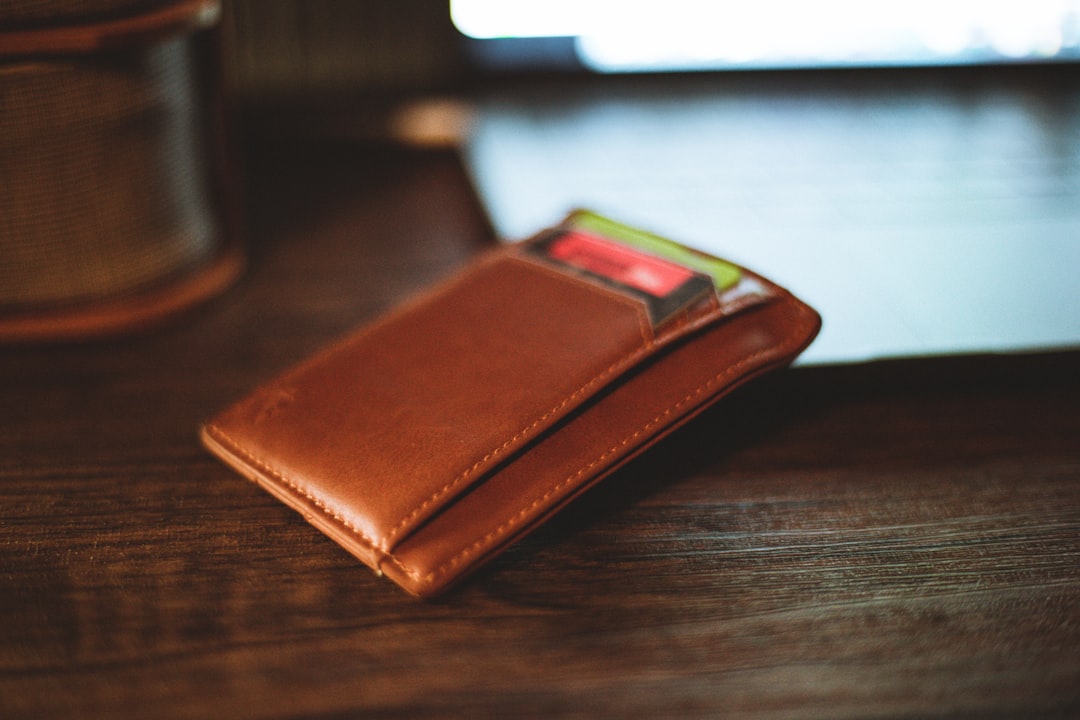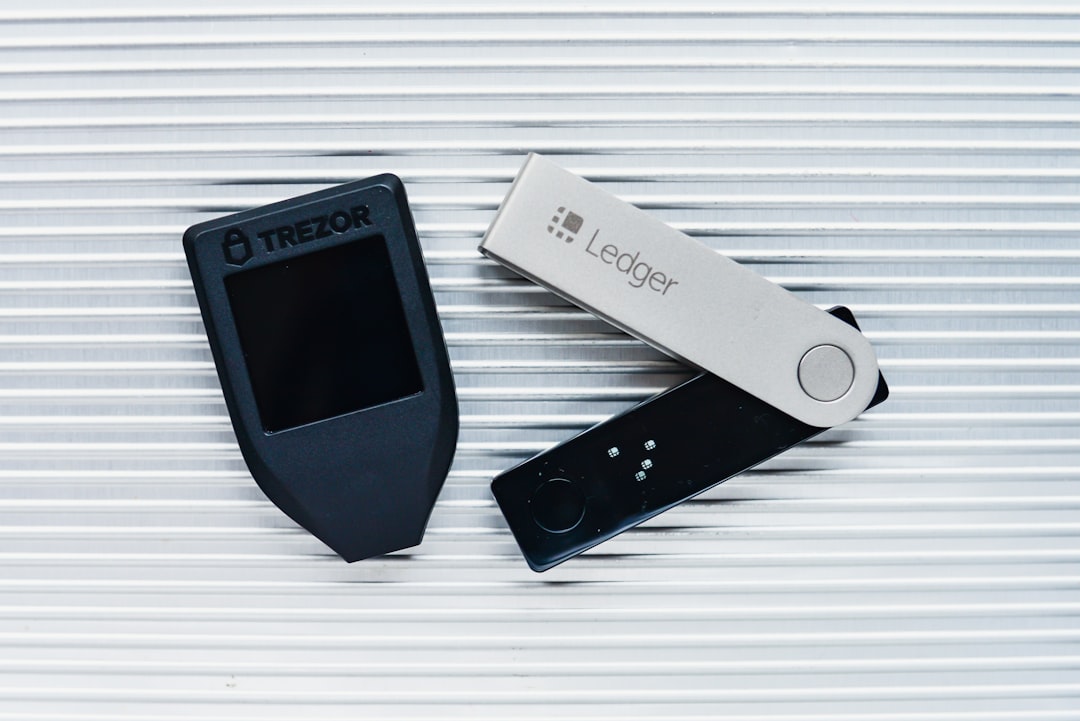With cryptocurrency rapidly moving from niche to mainstream, securing your digital assets is more important than ever. But for newcomers, diving into the world of crypto wallets can feel like walking into a high-tech labyrinth. What exactly is a crypto wallet? Why are there so many types? And how do you pick the right one, especially when you’re just getting started? If you’re unsure where to begin, you’re not alone—and this guide will walk you through the process step by step.
What Is a Crypto Wallet?
A crypto wallet is a tool that lets you store your cryptocurrency securely. Unlike a traditional wallet that holds cash and cards, a crypto wallet doesn’t physically store your coins. Instead, it keeps your private keys—a crucial piece of digital data that proves ownership of your crypto. Lose those keys, and you lose your coins. It’s that simple—and that critical.
Crypto wallets come in various forms, from simple mobile apps to sophisticated hardware devices. Some offer high convenience, others offer better security, and the right one for you depends on your needs and comfort level with technology.
Understanding the Main Types of Crypto Wallets
The first step in choosing a wallet is knowing the different types available. Here’s a breakdown:
- Hot Wallets: These are connected to the internet and offer ease of use. Examples include mobile apps, desktop software, and web wallets. They’re great for frequent trading or everyday use but are more vulnerable to cyber threats.
- Cold Wallets: These are offline wallets, such as hardware devices or paper wallets. Because they aren’t connected to the internet, they’re considered much safer from hacking—ideal for storing large amounts of crypto long-term.
Hot Wallets: Convenience at a Cost
Hot wallets are popular with beginners because they’re easily accessible and often free. A few common types include:
- Mobile Wallets: These apps let you access your crypto right from your smartphone—extremely useful for quick, smaller transactions.
- Web Wallets: These operate in your browser and are offered by many crypto exchanges. Convenience is their biggest asset, but they rely heavily on the security of the service provider.
- Desktop Wallets: Installed on your computer, these offer more control but also require strong local security practices like antivirus protection and encryption.

While hot wallets are fantastic for day-to-day spending or trading, their online nature makes them susceptible to phishing, malware, and hacking.
Cold Wallets: The Fort Knox of Crypto
If you’re looking to store a large amount of crypto for the long haul and don’t need regular access, cold wallets are the way to go. Options include:
- Hardware Wallets: These small USB-like devices store your private keys offline. When you want to make a transaction, you plug them into your computer and enter a PIN. Popular brands include Ledger and Trezor.
- Paper Wallets: These are simply pieces of paper with your public and private keys printed on them. While offline and immune to digital hacks, they’re also fragile and easy to lose—handle with extreme care.
Cold wallets require a bit more of a learning curve but offer significantly higher security. They’re ideal for long-term holders or anyone serious about protecting their digital wealth.
Factors to Consider When Choosing the Right Wallet
Still unsure which route to go? Here are some critical factors to help you make the right choice:
1. Security
Ask yourself: How much am I investing, and how important is security to me? If you’re just experimenting with small amounts, you might be fine with a hot wallet. But if you’re managing thousands of dollars in crypto, a cold wallet will give you peace of mind.
2. Usability
New to crypto? Choose a wallet with a simple interface and good customer support. Many beginner-friendly wallets, like Trust Wallet or Coinbase Wallet, provide guided setup and intuitive design.
3. Control Over Private Keys
One of the key principles of crypto is: Not your keys, not your coins. Make sure the wallet grants you full access to your private keys. Custodial wallets (often provided by exchanges) manage your keys for you but also expose your funds to risk if the company gets hacked or shuts down.
4. Multi-Currency Support
Planning on holding multiple cryptocurrencies like Ethereum, Bitcoin, or newer altcoins? Choose a wallet that supports a wide range of tokens so you won’t have to juggle multiple apps or devices.
5. Backup & Recovery
Always check whether the wallet has a solid backup and recovery process. Most wallets provide a seed phrase—12 or 24 random words—to recover your wallet in case the device is lost. Store this seed phrase offline and in a secure location.
Popular Crypto Wallets to Consider
To make your choice easier, here are a few trusted wallets widely used by crypto investors:
- Coinbase Wallet: Great for beginners, supports many assets, and offers easy integration with decentralized apps.
- MetaMask: Popular among Ethereum and DeFi users; it’s a browser extension that also offers a mobile version.
- Ledger Nano X: A premium hardware wallet with Bluetooth connectivity and strong security features.
- Trezor One: One of the most trusted hardware wallets; simple to use but limited compared to higher-end models.

Tips for First-Time Wallet Users
Starting with a crypto wallet doesn’t have to be overwhelming. Here are a few tips to make your journey smoother:
- Start Small: Before transferring large sums, test the wallet with a small transaction to get the hang of it.
- Double-Check Wallet Addresses: Crypto transactions are irreversible, so always verify the recipient address before hitting send.
- Keep Software Updated: Security patches are regularly released, so keeping your wallet software up to date protects against vulnerabilities.
- Enable Two-Factor Authentication: Especially for hot wallets, 2FA adds an extra security layer to help prevent unauthorized access.
Common Mistakes to Avoid
Even experienced users can slip up. Here’s what you should avoid:
- Ignoring Updates: Outdated wallet software can expose you to attackers.
- Misplacing Your Seed Phrase: Never store it on your computer or in the cloud. Use physical copies, stored securely.
- Putting Too Much Trust in Exchanges: Exchange wallets are convenient but risky. Always move assets to a private wallet after buying.
Conclusion: Finding Your Perfect Wallet
The right crypto wallet depends on your goals, lifestyle, and attitude toward security. Whether you’re looking for day-to-day convenience or long-term vault-like protection, there’s a wallet to match your needs. Start by identifying what matters most to you, then explore wallet options accordingly.
Remember, the crypto world rewards caution and responsibility. After all, it’s not just about investing in modern finance—it’s about becoming your own bank.
So take that first step, set up your wallet, and enter the world of digital finance with your assets—and your confidence—securely in hand.
